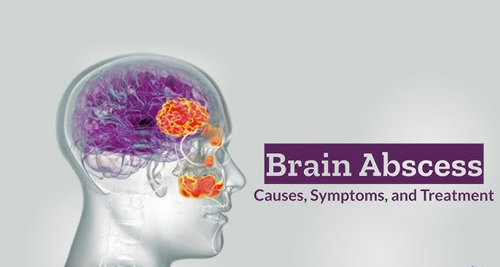Brain Abscess – Overview
A brain abscess is a rare but serious medical condition in which a collection of pus forms within the tissue due to infection. It results from the body’s attempt to isolate the infection, but the swelling and pressure can lead to life-threatening complications. While the condition is treatable, this abscess must be diagnosed and managed urgently to prevent permanent neurological damage or death.
The infection that causes an abscess can arise from bacteria, fungi, or parasites that enter the brain through the bloodstream, from a nearby site such as the ears or sinuses, or as a result of trauma or surgery. People with weakened immune systems, congenital heart disease, or chronic infections are at higher risk.
Common symptoms of a Brain Abscess include:
- Severe headache
- Fever and chills
- Nausea or vomiting
- Seizures
- Confusion or changes in mental status
- Neck stiffness
- Weakness or numbness in part of the body
Symptoms may vary depending on the location and size of the abscess. In some cases, the signs mimic those of a stroke or brain tumour, which can delay diagnosis.
In South Africa, diagnosis and treatments are available at most tertiary hospitals, although access to imaging and neurosurgery may vary between public and private facilities. Prompt attention is vital, and delays in rural areas can pose serious risks.
Thanks to modern imaging techniques, improved antibiotics, and better surgical interventions, the prognosis has improved significantly over recent decades—especially when detected early.
👉 [Next: Causes and Risk Factors of Brain Abscess]


